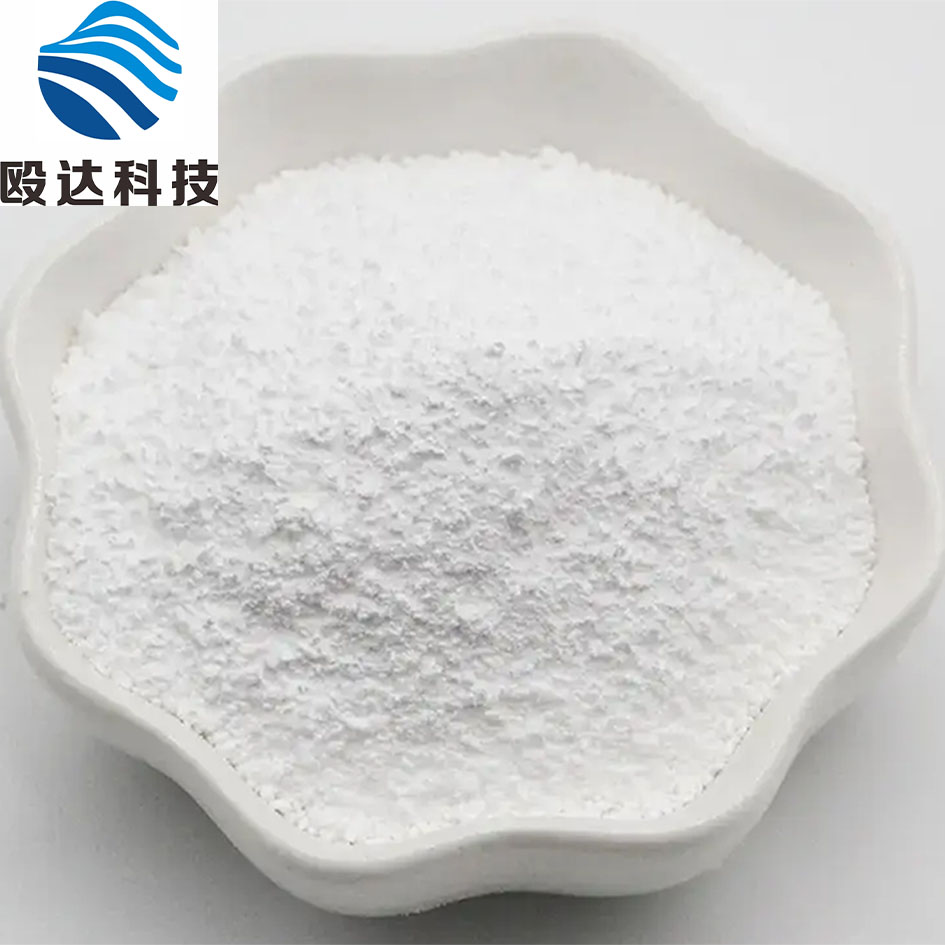-
Categories
-
Pharmaceutical Intermediates
-
Active Pharmaceutical Ingredients
-
Food Additives
- Industrial Coatings
- Agrochemicals
- Dyes and Pigments
- Surfactant
- Flavors and Fragrances
- Chemical Reagents
- Catalyst and Auxiliary
- Natural Products
- Inorganic Chemistry
-
Organic Chemistry
-
Biochemical Engineering
- Analytical Chemistry
- Cosmetic Ingredient
-
Pharmaceutical Intermediates
Promotion
ECHEMI Mall
Wholesale
Weekly Price
Exhibition
News
-
Trade Service
Researchers have mapped out some of the molecular mechanisms of the brain that form long-term memory, promising new targets for treating neurodegenerative diseases such as Alzheimer's disease, the Proceedings of the National Academy of Sciences reported In a report published On The 12th.
A protein called CPEB3 in mouse neurons allows neurons to store long-term memory, according to the new study. Memory is formed by connections between nerve cells, long-term changes in the morphology and function of synapses, a process known as synhap plasticity, a protein that strengthens synactal connections. The more the CPEB3 protein is released, the stronger the synhap link and therefore the stronger the memory.
Studies have shown that the memory-responsible hema produced the protein in the mouse brain every once in a while and transferred it to neurons' "processing gadgets." There are no physical boundaries such as membranes for this "processing of small bodies", and proteins come together only because of differences in concentration. When these proteins are filled with "processing small bodies", they leave the center of the neurons for synapses and are released as the animals form memories.
Studies have also shown that when mice do not produce this protein, new memories can still be formed, but not preserved.
Eric Candell, a professor at Columbia University and one of the authors of the study, said the new study sheds light on the molecular basis of the brain's ability to form, preserve and extract memories. Similar proteins exist in the human brain and are expected to prevent synact degeneration in the future by promoting the production of the protein, delaying memory loss, the researchers said.
(Xinhua)







